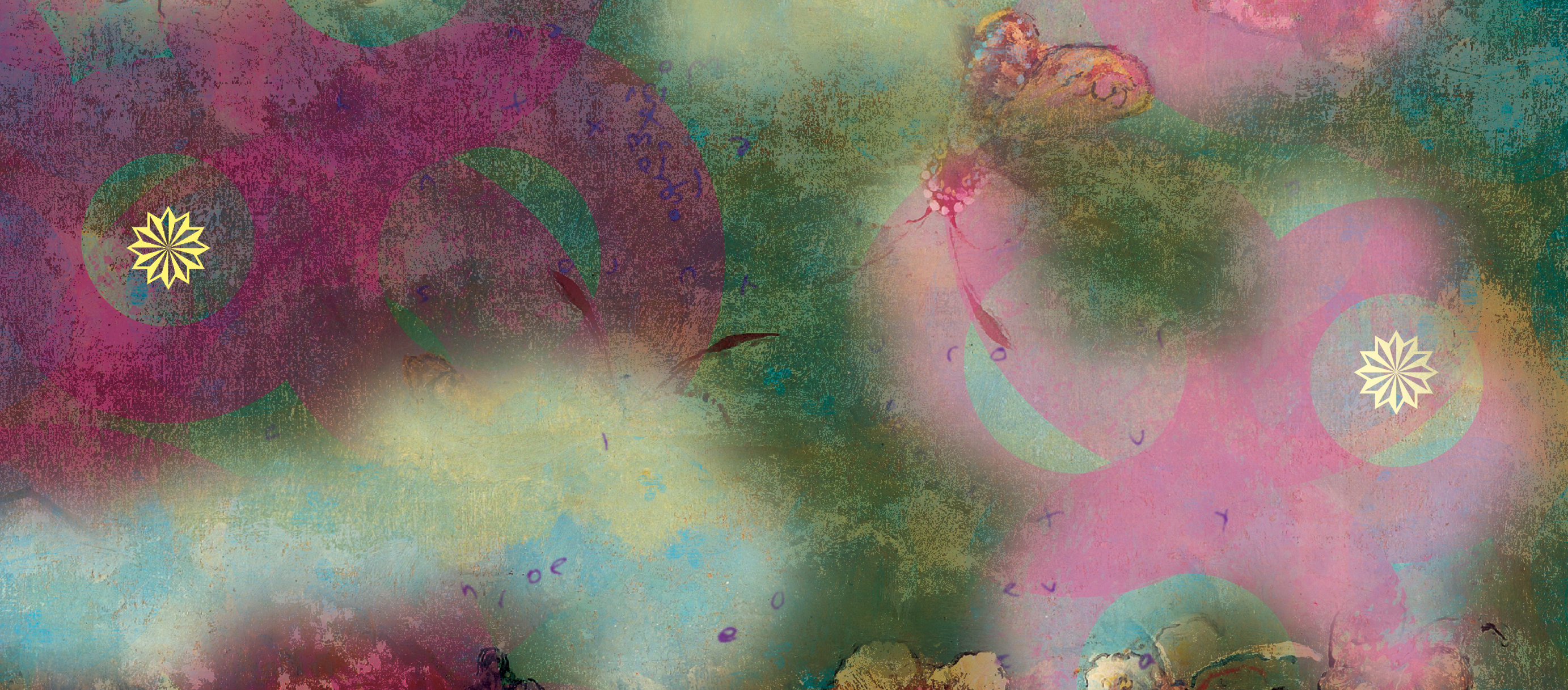
Every year, History for Peace organises an International Conference on Teaching History, inviting participants from all over the subcontinent. Conference proceedings are then published—acting as a resource in itself. To read conference proceedings, click on the links given below.
Shared Histories, 2019
Is it possible to overcome bias and celebrate our common humanity through the shared culture and heritage of the subcontinent?
Held at and co-organized by Saint Kabir Public School, Chandigarh, this conference for social science teachers explored the shared histories of the subcontinent, beyond political borders, through the lenses of art, history education, memory, and institutional and regional history.

The Idea of the Indian Constitution, 2019
All faiths need a founding text. To continue believing in the idea of a secular Indian democracy, it is imperative the text that formed this nation be examined.
This conference for social science educators did exactly that—with speakers ranging from Romila Thapar to Gautam Bhatia, Nandini Sundar to AG Noorani, Vrinda Grover to Krishna Kumar, Siddharth Varadarajan to Babloo Loitongbam, among others. The talks were supplemented with teacher workshops on effective ways of bringing the Constitution into the classroom by the likes of Urvashi Butalia, Sambhaji Bhagat and experienced teaching practitioners.

The Idea of Culture, 2018
This conference aimed to explore the idea of culture; understand the politics of representation; deconstruct textbooks with textbook writers and participate in hands-on pedagogical workshops based on the concept of archives that open up the idea of material evidence used to imagine history. Speakers included, among others: Romila Thapar, Audrey Truschke, Kunal Chakrabarti, Anand Taneja, Janaki Nair, Kumkum Roy, Krishna Kumar, Latika Gupta, Neha Pradhan (ReReeti), Avni Sethi (Conflictorium)and Abeer Gupta. The conference concluded with workshops by Sumona Chakravarty and the Kashmir Photo Collective (Alisha Sett, Nathanial Brunt).

The Idea of India (Calcutta), 2017
Beginning with a conversation between Romila Thapar and Gayatri Chakravorty Spivak and concluding with a talk by Ravish Kumar, this conference saw multiple ideas of India being grappled with from various perspectives. Speakers included Krishna Kumar, Hari Vasudevan, Sudhanva Deshpande, Joy Pachuau, Ryan Lobo, T. Sananthanan (Sri Lanka) and Radhika Bordia among others.

The Idea of India (Bangalore), 2017
The conversations begun in the Calcutta chapter of The Idea of India continued over the Bangalore edition of the conference, co-organized by and hosted at the Vidyashilp Academy. The wide range of content explored cross border perspectives both within and outside school history syllabi and illustrated the kinds of directions the arts can lead relevant socio-political discussions in, even including an oral history presentation by the school's students. Speakers included Geetha Narayanan, Padma Sarangapani, Anam Zakaria, Manosh Chowdhury, Naeem Mohaiemen, Arundhati Ghosh, Komita Dhanda, T. Sanathanan and Abeer Gupta.

The Idea of Nationalism, 2016
The conference looked at what is arguably the most contested idea of the 21st century: Nationalism, examining the construction of the concept of nationalism, the idea of what is an anti-national, the role of oral history, art and iconography in nationalism. Through discussion and debate, participants looked at ways in which these topics might be brought into the classroom—thereby opening up the school into a space for addressing relevant issues such as these. Speakers included, among others, Euroclio ambassador Catharina Veldhuis-Meester, Parismita Singh, Zainab Akhter, Janaki Nair, Deepa Srinivas Malik Sajad, Yousuf Saeed, Jerry Pinto and Abeer Gupta.

International Conference on Teaching History, 2015
Showcasing alternative work in the arts, in education and the possibilities of civil society bringing these into the classroom, the first History for Peace conference discussed topics ranging from the technicalities of textbook writing and oral history methodologies to pedagogical techniques best suited to history teaching. Speakers included Dr. Barbara Chrishtophe (Germany), Dr Mubarak Ali (Lahore), Dr Ayaz Naseem (Montreal), Qasim Aslam (The History Project), Urvashi Butalia and Swaleha Shahzada (Citizens Archive of Pakistan) among others.






Comments